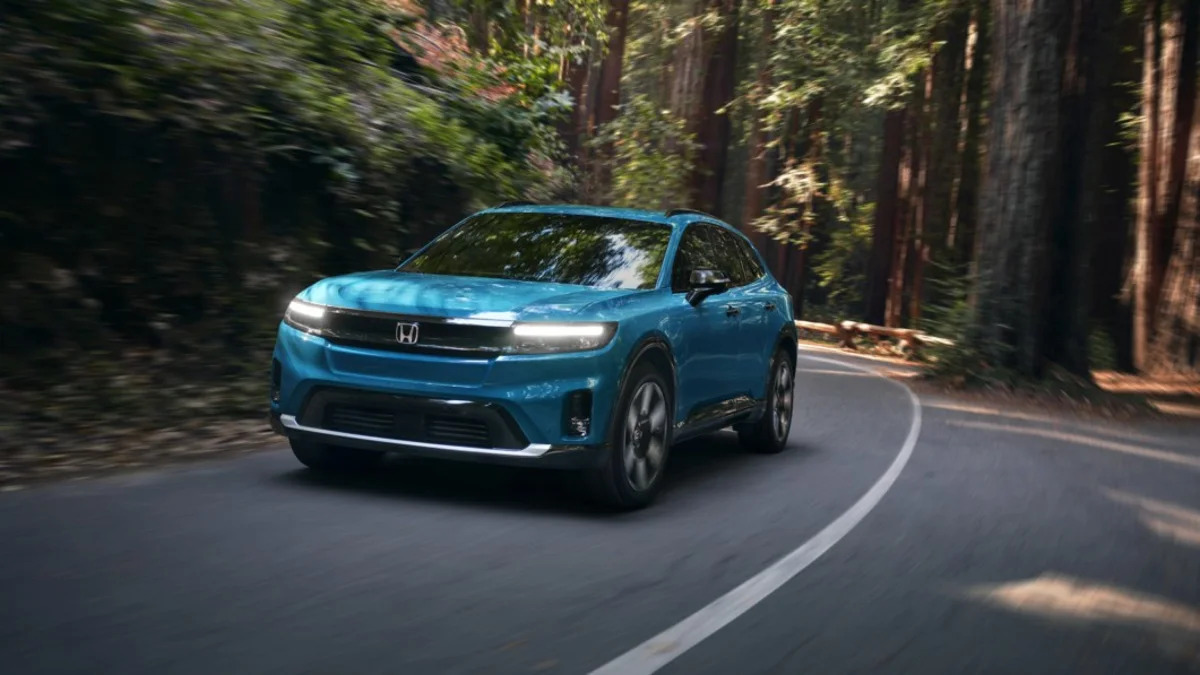Long-time rivals Honda and Nissan are setting aside their differences to explore a potential collaboration. The two Japanese firms signed a memorandum of understanding in March 2024 to begin a feasibility study that will help them decide whether or not to launch joint projects.
Keep in mind that nothing is set in stone at this stage; Honda and Nissan are still at the "What if?" stage of a potential partnership. If they reach an agreement, they'll join forces in the fields of electrification and intelligence, according to a joint statement issued by the two brands. The areas covered by the tie-up will include "automotive software platforms, core components related to EVs, and complementary products."
"Our study criteria will be whether the synergy of the technologies and knowledge our companies have cultivated will enable us to become industry leaders by creating new value for the automotive industry," said Toshihiro Mibe, Honda's director, president, and representative executive officer. Makoto Uchida, the CEO of Nissan, echoed these comments. "We look forward to further discussions," he added.
It's too early to tell when the two carmakers will decide whether to work together, or when a potential partnership would start.
The two companies would bring vastly different expertise to the table. Nissan helped pioneer the modern, affordable electric car when it launched the first-generation Leaf for the 2011 model year, and the Ariya crossover launched for 2023. Honda has less experience in EVs, the first high-volume electric car it developed for the American market is the 2024 Prologue, but it knows a great deal about hydrogen.
Another point that remains up in the air is how a Honda-Nissan partnership would affect the partnerships that each company is already in. Honda teamed up with General Motors to develop electric cars; the aforementioned Prologue is built on the Ultium platform that also underpins the Chevrolet Blazer EV, among others. In 2022, they announced plans to build "millions of [electric] vehicles starting in 2027." But that's as far as Honda's plans with GM will go, as the two automakers decided not to continue developing additional models. The announcement came a few months ago, just before issues with Ultium vehicles came to a head with a stop-sale on the Chevy Blazer EV (which recently ended).
Nissan's commitments are more complicated. Its decades-old alliance with Paris-based Renault began teetering in the wake of Carlos Ghosn's arrest in 2018. Renault agreed to reduce its stake in Nissan after several rounds of intense negotiations. The aim is to achieve parity in cross-shareholding to ensure neither side has the upper hand and to give Nissan more independence. In parallel, Nissan is also believed to be in talks with Fisker; the deal could save the troubled start-up from bankruptcy while providing Nissan with an electric truck.
Related Video:


Sign in to post
Please sign in to leave a comment.
Continue